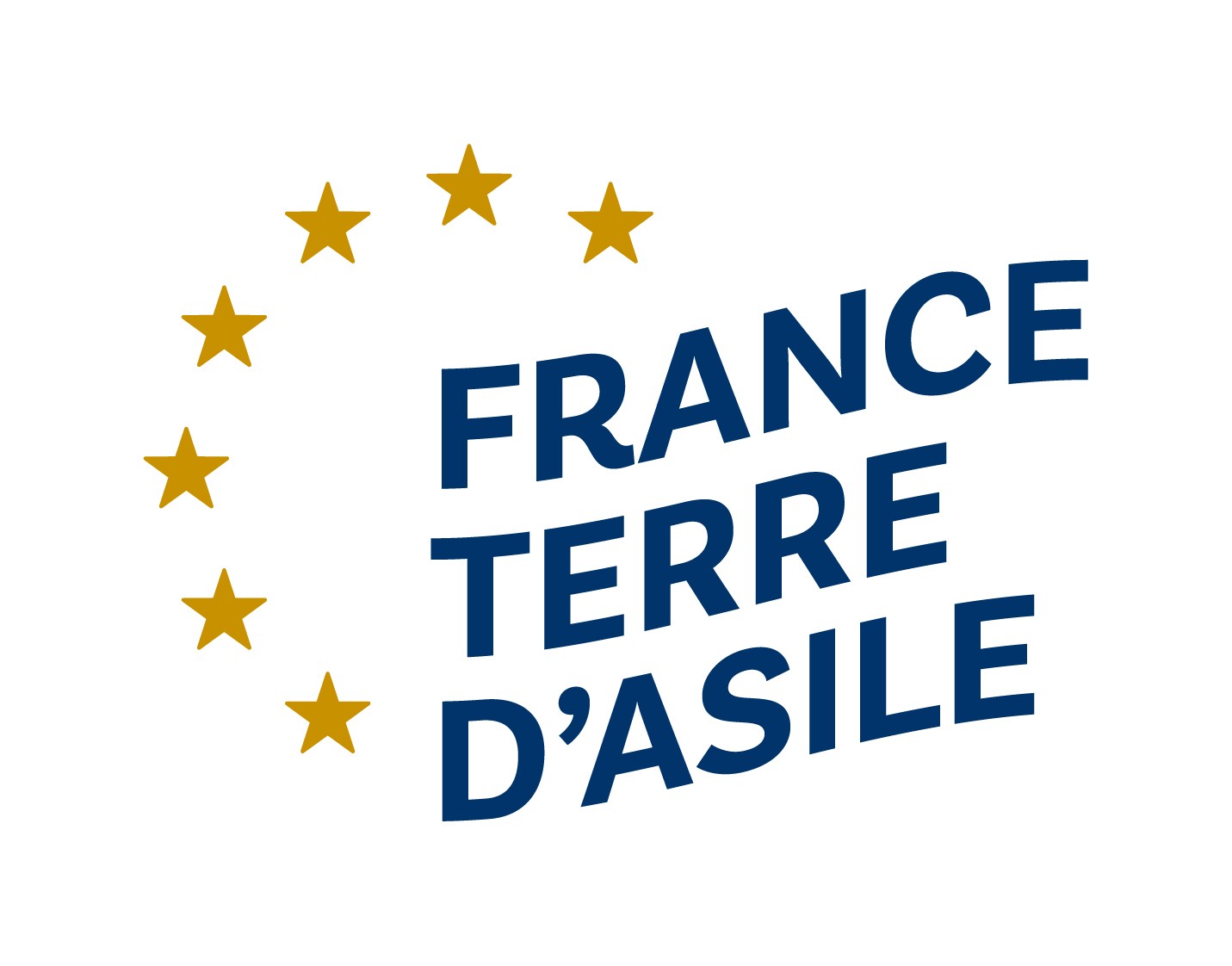Last posts
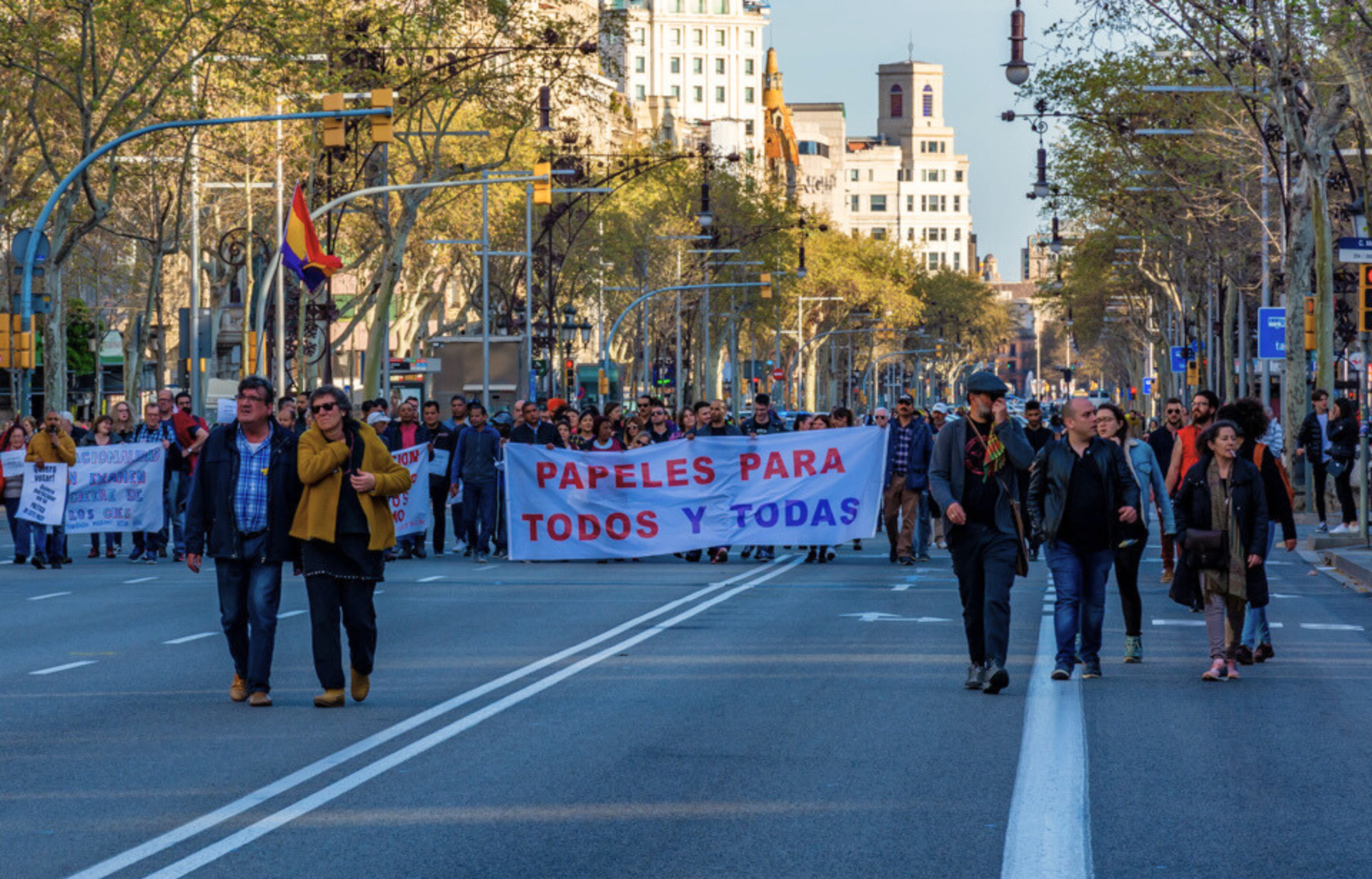
News
In Spain, a new regularisation campaign goes against the European retreat
For the ninth time in its history, Spain will implement in May 2025 a reform facilitating the “extraordinary” regularisation of tens of thousands of migrants. While these residence permits allow beneficiaries to work and reside legally in the country, obstacles to the integration of third country nationals and their access to public services remain.
+
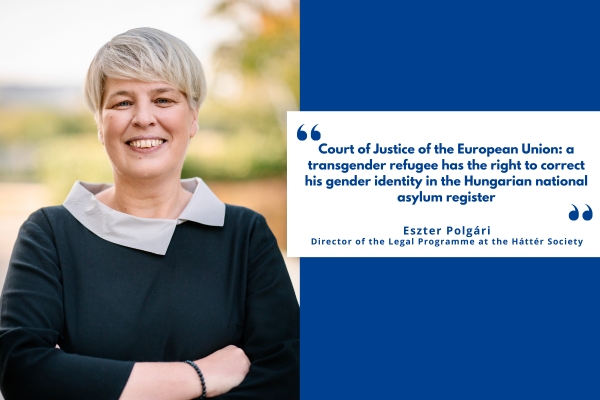
Interview
Court of Justice of the European Union: a transgender refugee has the right to correct his gender identity in the Hungarian national asylum register
On 13 March 2025, the Court of Justice of the European Union (CJEU) handed down a major decision for transgender people in Hungary, recognising the right of a transgender man to rectify his gender identity in the Hungarian national asylum register.
Eszter Polgári, director of the Legal Programme at the Háttér Society, an LGBTI+ organisation in Hungary, explains this decision and its consequences for LGBTI+ people and refugees in Hungary.
+
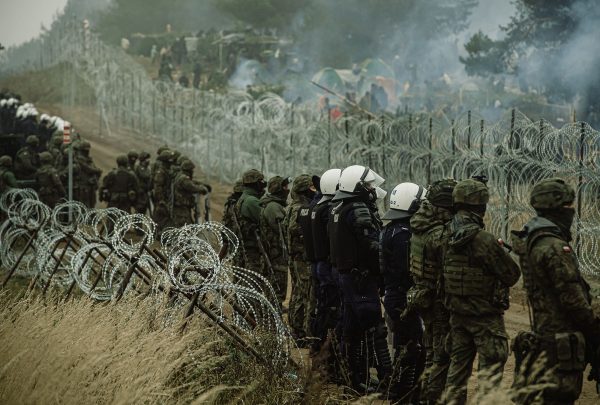
Decryption
At the border between Belarus and the European Union: pushbacks, militarisation, and repression policy
Many exiled people are hiding at the border between Belarus, Poland, and Lithuania. Pushed back at the European Union's borders, many disappear or lose their lives, and numerous testimonies report violence and human rights violations.
+

News
Pushbacks: Greece condemned by the European Court of Human Rights
On January 7th 2025, the European Court of Human Rights (ECHR) condemned Greece for pushing back a Turkish national at its border in May 2019. The “systematic” nature of pushbacks by Greek coastguards and border guards, documented by NGOs, media and international organisations for years, has, for the first time, been recognised by justice.
+
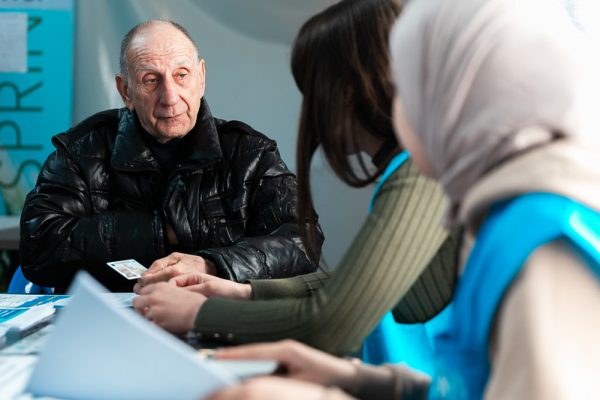
News
Three years on, the state of play for Ukrainians in Europe
In 2022, following Russia's war against Ukraine, an unprecedented burst of European solidarity enabled several million Ukrainians fleeing the conflict to find shelter within a few weeks. However, almost three years on, and despite the extension of temporary protection until 2026, several European countries are quietly withdrawing from welcoming Ukrainians.
+
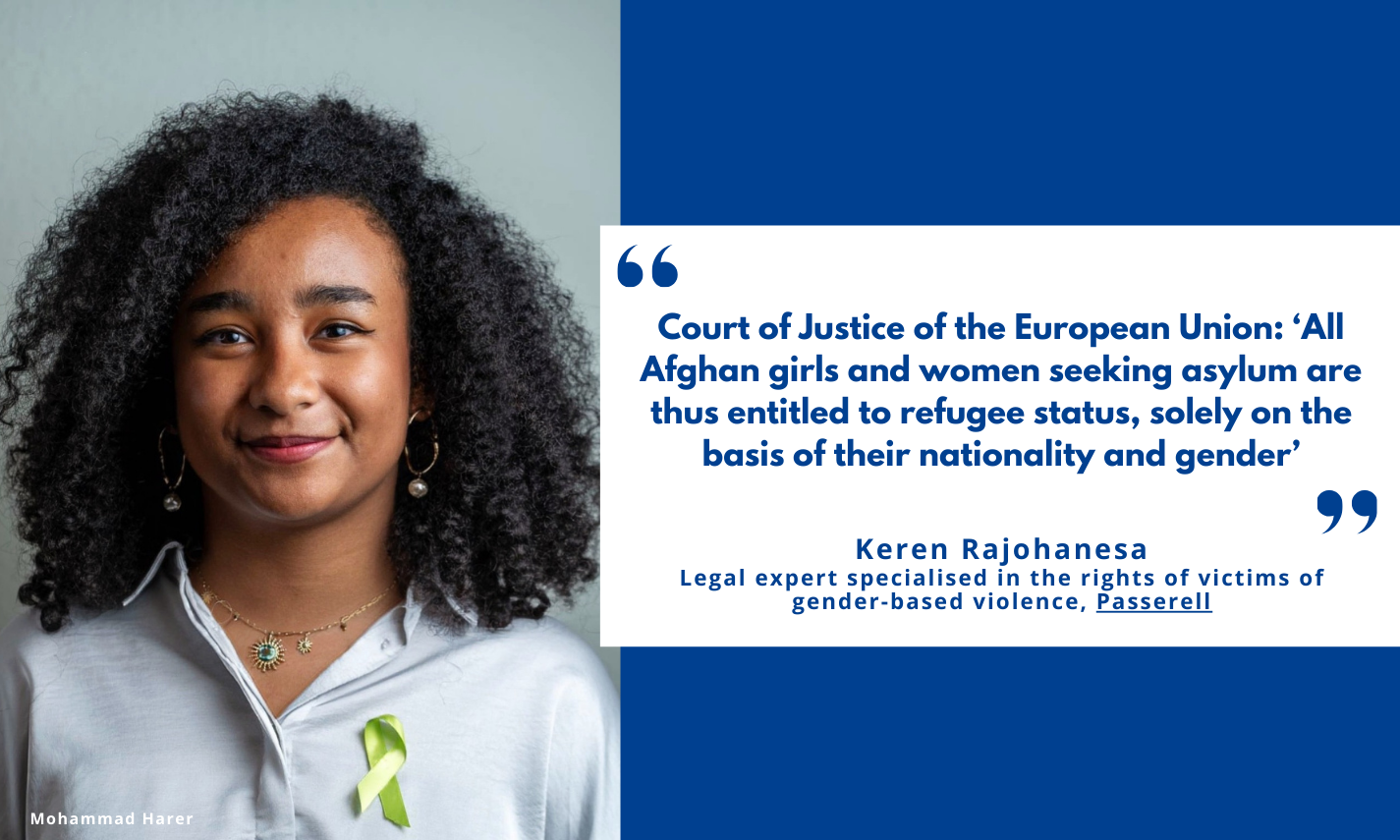
Interview
Court of Justice of the European Union: ‘All Afghan girls and women seeking asylum are thus entitled to refugee status, solely on the basis of their nationality and gender’
On October 4th, 2024, the Court of Justice of the European Union (CJEU) handed down a decision that marked a clear step forward for Afghan women's right to asylum, giving gender an important place in international protection. Keren Rajohanesa, a legal expert specialised in the rights of victims of gender-based violence at Passerell, analyses this decision.
+

Decryption
The European Commission's fight against people smugglers: a risk of criminalisation for exiles and NGOs
In November 2023, the European Commission unveiled a new proposal for a directive to combat people smugglers. NGOs and the United Nations’ Office of the High Commissioner for Refugees are concerned about this text, which could lead to further criminalisation of people in exile and solidarity associations.
+
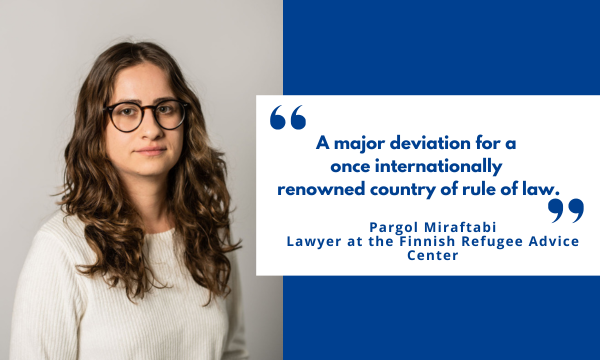
Interview
Finnish pushback law: “A major deviation for a once internationally renowned country of rule of law”
On Friday 12th July, the Finnish parliament adopted the Act on Temporary Measures to Combat Instrumentalised Migration, also known as the “pushback” law. The bill, valid for one year, allows authorities to turn away migrants attempting to enter Finland at its eastern border with Russia, due to their supposed instrumentalisation by Moscow.
+
